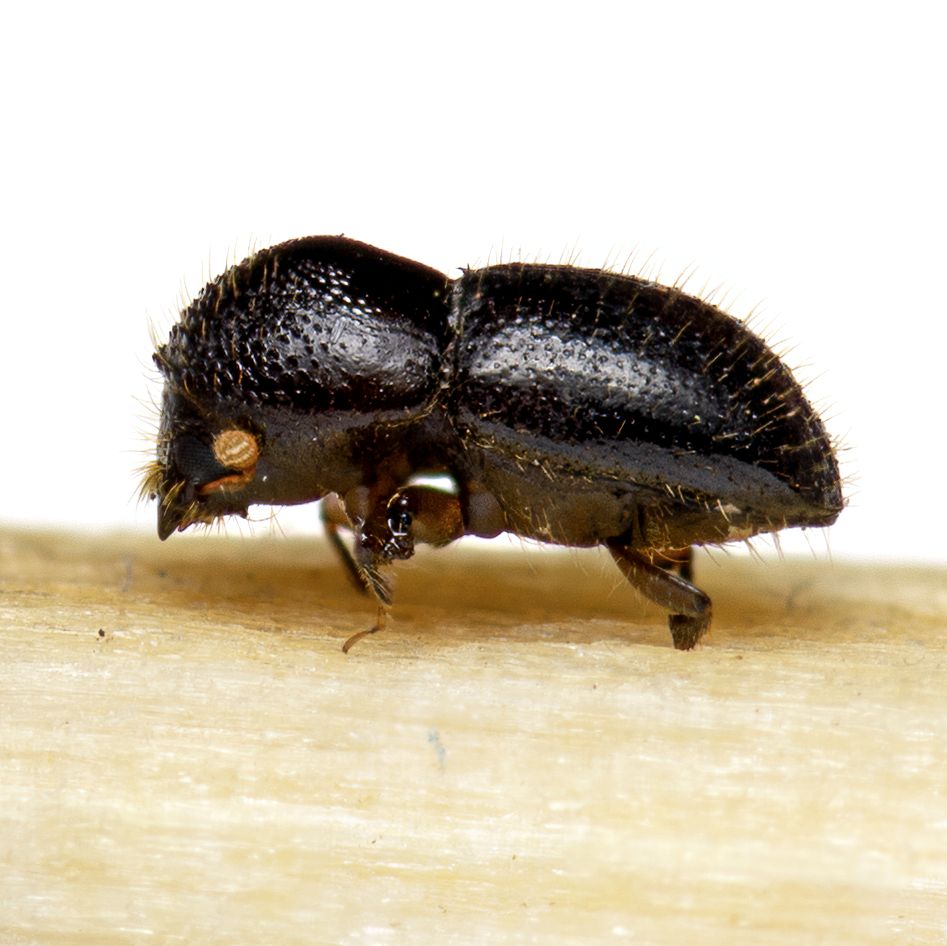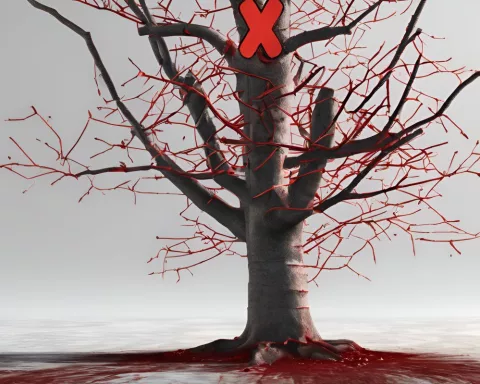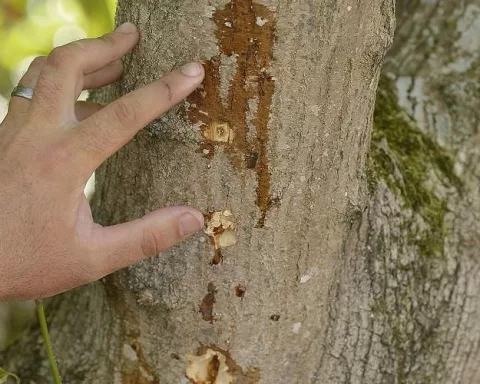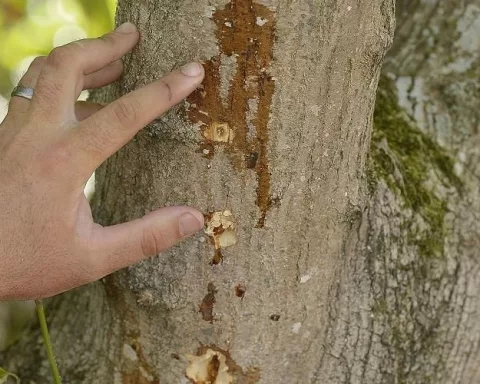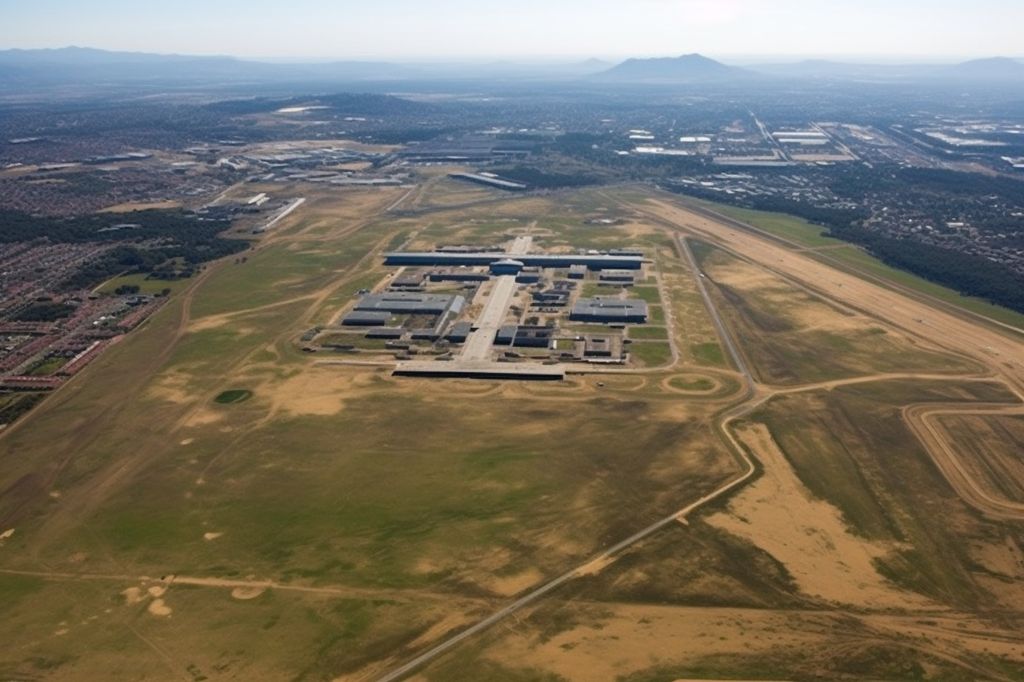Cape Town, known for its natural beauty and biodiversity, faces a significant threat to its urban forest. The Polyphagous Shot Hole Borer (PSHB), an invasive beetle from Southeast Asia, has been infesting trees in certain areas throughout the City. The beetle is known for its ability to rapidly invade a range of tree species, leading to branch dieback, gumming, and, ultimately, the host tree’s death. The PSHB is a global problem, and the City of Cape Town has responded with a list of recommended trees to help mitigate its impact.
The Response of the City of Cape Town
In response to the PSHB, the City of Cape Town has released a list of 28 recommended trees. The list includes both indigenous and non-invasive exotic species that are well-suited to the climate and location of Cape Town. Planting these trees can help mitigate the impact of the PSHB on the City’s urban forest. The City has also started removing infested trees from public land along the Liesbeek River corridor, near the N2 highway and Liesbeek Park Way. So far, 40 trees have been felled using chainsaws and wood-chipping machines, and the beetle-infested biomass has been transported to a suitable incineration site.
The Importance of Biodiversity
The threat of the PSHB highlights the importance of biodiversity in urban areas. Trees play a crucial role in mitigating climate change, improving air quality, and providing habitats for wildlife. Losing trees due to invasive species such as the PSHB can have significant ecological and social impacts. The City of Cape Town’s response to the PSHB exemplifies how local authorities can work to protect and enhance the urban forest.
The Role of the Community
The response to the PSHB requires a collaborative effort from the community. Residents can use the recommended trees to plant on private properties to replace the PSHB-infested trees. However, following the dos and don’ts is essential to prevent the beetle’s spread. Residents should also report any sightings of the beetle to the authorities promptly.
Conclusion
In conclusion, the PSHB is a significant threat to Cape Town’s urban forest, and the City has responded with a list of recommended trees and the removal of infested trees. The response highlights the importance of biodiversity in urban areas and the role of the community in protecting and enhancing the urban forest. The PSHB is a global problem, requiring a collaborative effort from local authorities, communities, and experts to address it.

